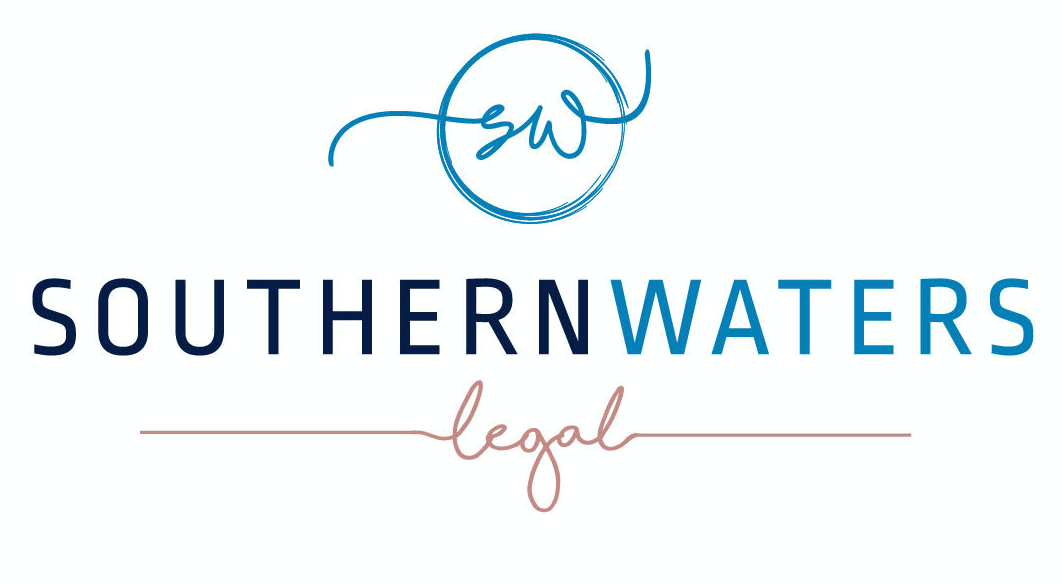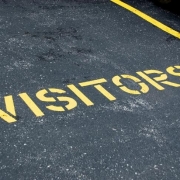Haven’t been paid for goods or services you’ve provided? What steps to take
Debt disputes arise in both personal and business relationships and can cause a great deal of stress. Here are some simple steps you can take to recover your money:
1. Check the details
The first step is to review all the information you need to start the debt recovery process.
You should confirm who the invoice is made out to, and who issued the invoice. This will allow you to determine who you need to chase for the debt (the debtor) and who the money is actually owed to (the creditor).
You should then establish exactly what goods or services you provided to the debtor and how much the debtor owes you for these goods and services.
2. Contact the debtor
You should to try and communicate with the debtor directly. This can be via email or telephone, however in our experience it is more effective to try and communicate via telephone as an email can simply be ignored.
You should try to get to the bottom of why they are not paying you. Is it because the goods you’ve supplied are wrong? Or perhaps they are unhappy with the services you have provided? If the debtor is having cash-flow problems, you could try suggesting a payment plan whereby the debt is broken down into smaller monthly payments.
Finding out the reasons for non-payment can assist you to reach a resolution or compromise.
3. Send a Letter of Demand
If the debtor is not responding or they have made promises that they will pay but have failed to do so, you can send a formal letter demanding payment of the debt.
It can help to have a lawyer write this for you, but if you decide to prepare a letter of demand yourself, remember to include the following details:
A. The full amount of the debt
B. Copies of any invoices or any agreement that you rely upon to prove the debt is owing
C. A time limit for which they have to pay (i.e. 7 days, 14 days)
D. Instructions as to how payment should be made (i.e. EFT, cheque)
E. A warning that if payment is not made you will be referring the matter to your lawyers for debt recovery
4. Contact the debtor again
Depending on the debt amount, you may want to contact the debtor again via telephone to ensure they have received the letter of demand and find out if they are going to make payment.
5. Contact your lawyer
If you have not come to a resolution, have not been paid and are fed up with the situation, now would be the right time to engage a lawyer to start the debt recovery process for you.
In our experience, a debtor is more inclined to respond to a letter of demand that has been sent by a reputable law firm.
Before you engage a law firm, you should consider the following:
A. Make sure your invoices are correct
A correct invoice should include a proper ABN for the debtor, details of the goods and/or services provided, issue date of the invoice, as well as the date the invoice is due to be paid. If an invoice has been issued to an individual or business that is wrongly described/identified on the invoice (i.e. incorrect name or ABN), it is unlikely that you will be able to rely upon the invoice to enforce the debt. Please take care when creating your invoices to ensure you have the correct details.
B. Keep in mind the limitation periods to enforce a debt
You are only able to take action against a debt owed to you within a period of six years from the payment due date of the original invoice. For example, if your invoice is payable within 14 days after issuing to the debtor, the date is 6 years after the expiry of those 14 days.
If you leave a debt uncollected for more than six years it will then become what is known as “statute barred” and you will be unable to enforce the same.
C. Make sure your agreements have been signed correctly
If you are relying on an agreement that proves a debt is owed to you, you need to ensure that the agreement has been signed correctly. If the debtor is an individual, you should always have someone witness his or her signature. If the debtor is a corporation, you should make sure two directors or the sole director/sole secretary signs any agreement.
6. Next steps
If you have a questions regarding moneys owed to you, or if you would prefer an expert to handle your situation, please call us on (02) 9523 5535.










Leave a Reply
Want to join the discussion?Feel free to contribute!